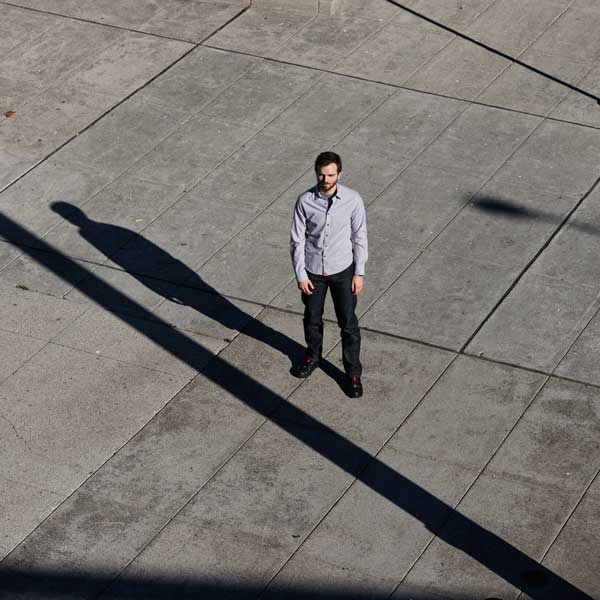Stefan Thomas, a German-born programmer living in San Francisco, has two guesses left to figure out a password that is worth, as of this week, about $220 million. The password will let him unlock a small hard drive, known as an IronKey, which contains the private keys to a digital wallet that holds 7,002 Bitcoin. While the price of Bitcoin dropped sharply on Monday, it is still up more than 50 percent from just a month ago, when it passed its previous all-time high of around $20,000.
The problem is that Mr. Thomas years ago lost the paper where he wrote down the password for his IronKey, which gives users 10 guesses before it seizes up and encrypts its contents forever. He has since tried eight of his most commonly used password formulations — to no avail.

“I would just lay in bed and think about it,” Mr. Thomas said. “Then I would go to the computer with some new strategy, and it wouldn’t work, and I would be desperate again.”
Of the existing 18.5 million Bitcoin, around 20 percent — currently worth around $140 billion — appear to be in lost or otherwise stranded wallets, according to the cryptocurrency data firm Chainalysis. Many have owned the coins since Bitcoin’s early days a decade ago, when no one had confidence that the tokens would be worth anything.
With traditional bank accounts and online wallets, banks like Wells Fargo and other financial companies like PayPal can provide people the passwords to their accounts or reset lost passwords.
But Bitcoin has no company to provide or store passwords. The virtual currency’s creator, a shadowy figure known as Satoshi Nakamoto, has said Bitcoin’s central idea was to allow anyone in the world to open a digital bank account and hold the money in a way that no government could prevent or regulate.
In short, the system makes it possible for anyone to create a Bitcoin wallet without having to register with a financial institution or go through any sort of identity check.
But the structure of this system did not account for just how bad people can be at remembering and securing their passwords.
Mr. Thomas, the programmer, said he was drawn to Bitcoin partly because it was outside the control of a country or company. In 2011, when he was living in Switzerland, he was given the 7,002 Bitcoin by an early Bitcoin fanatic as a reward for making an animated video, “What is Bitcoin?,” which introduced many people to the technology. That year, he lost the digital keys to the wallet holding the Bitcoin.

“This whole idea of being your own bank — let me put it this way: Do you make your own shoes?” he said. “The reason we have banks is that we don’t want to deal with all those things that banks do.”
For Mr. Thomas, any losses from mishandling the private keys have partly been assuaged by the enormous gains he has made on the Bitcoin he managed to hold on to.
As for his lost password and inaccessible Bitcoin, Mr. Thomas has put the IronKey in a secure facility — he won’t say where — in case cryptographers come up with new ways of cracking complex passwords.
“I got to a point where I said to myself, ‘Let it be in the past, just for your own mental health,’” he said.

